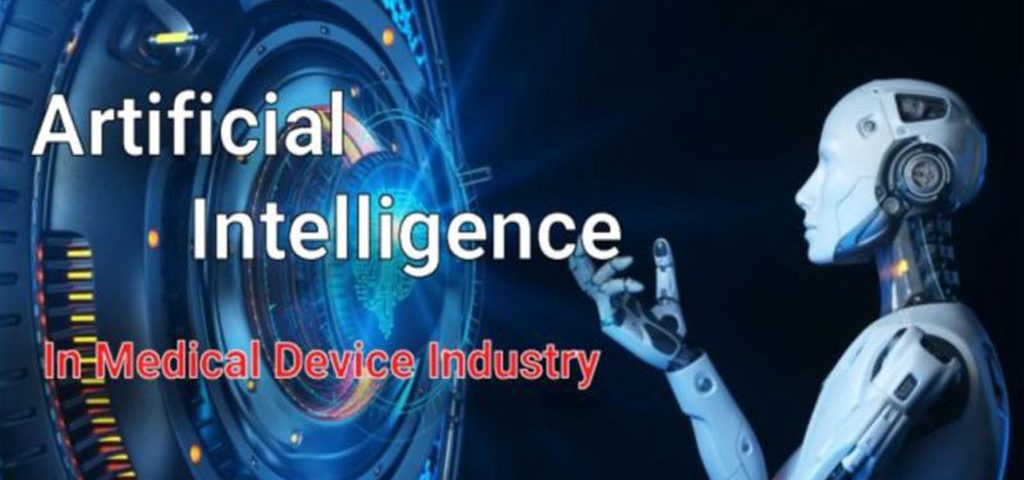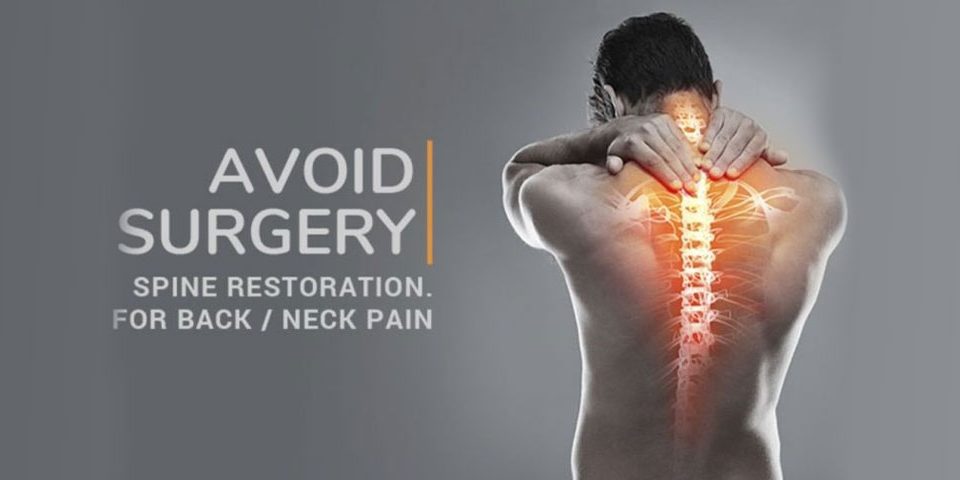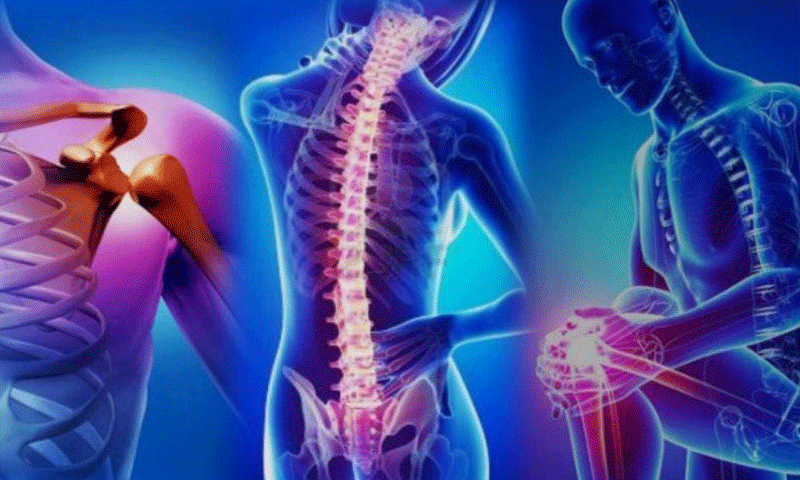
Shoulder ROM and Goniometers
May 6, 2023
SPORT INJURIES
July 8, 2023Artificial Intelligence In Medical Device Industry
In the medical device and healthcare industry, artificial intelligence can (i)¬†automate tasks, synthesize data from multiple sources, and pinpoint trends, (ii) predict which patients are at an increased risk for disease, complications, or adverse outcomes based on patient-specific data, and (iii) process and analyze … AI algorithms make the systems more precise as they get the opportunity to understand training data, which furthers helps humans get unprecedented insights into treatment variability, care processes, diagnostics, and patient results.
The majority of AI technology in healthcare that uses machine learning and precision medicine applications require medical images and clinical data for training, for which the end result is known. This is known as supervised learning. Sensely is one such example of a virtual nurse that implements Natural Language Processing, speech recognition, Machine Learning and wireless integration with medical devices such as blood pressure cuffs to provide medical assistance to patients.
By using AI, researchers will be able to assess vast amounts of patient outcome data to identify substances that are more likely to be effective against certain diseases. At the same time, they can also screen compounds that are safe for human consumption and cheap and easy to make.
Types of artificial intelligence in healthcare :
-Natural language processing (NLP) …
-Machine learning (ML) …
-Early disease detection. …
-Medical imaging. …
-Drug development. …
-Personalized care. …
-Administrative applications.




